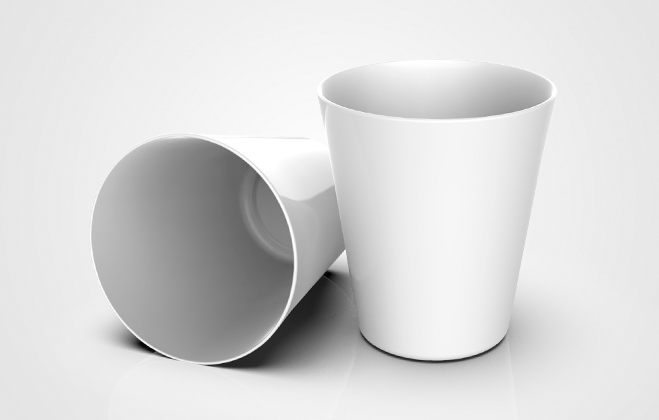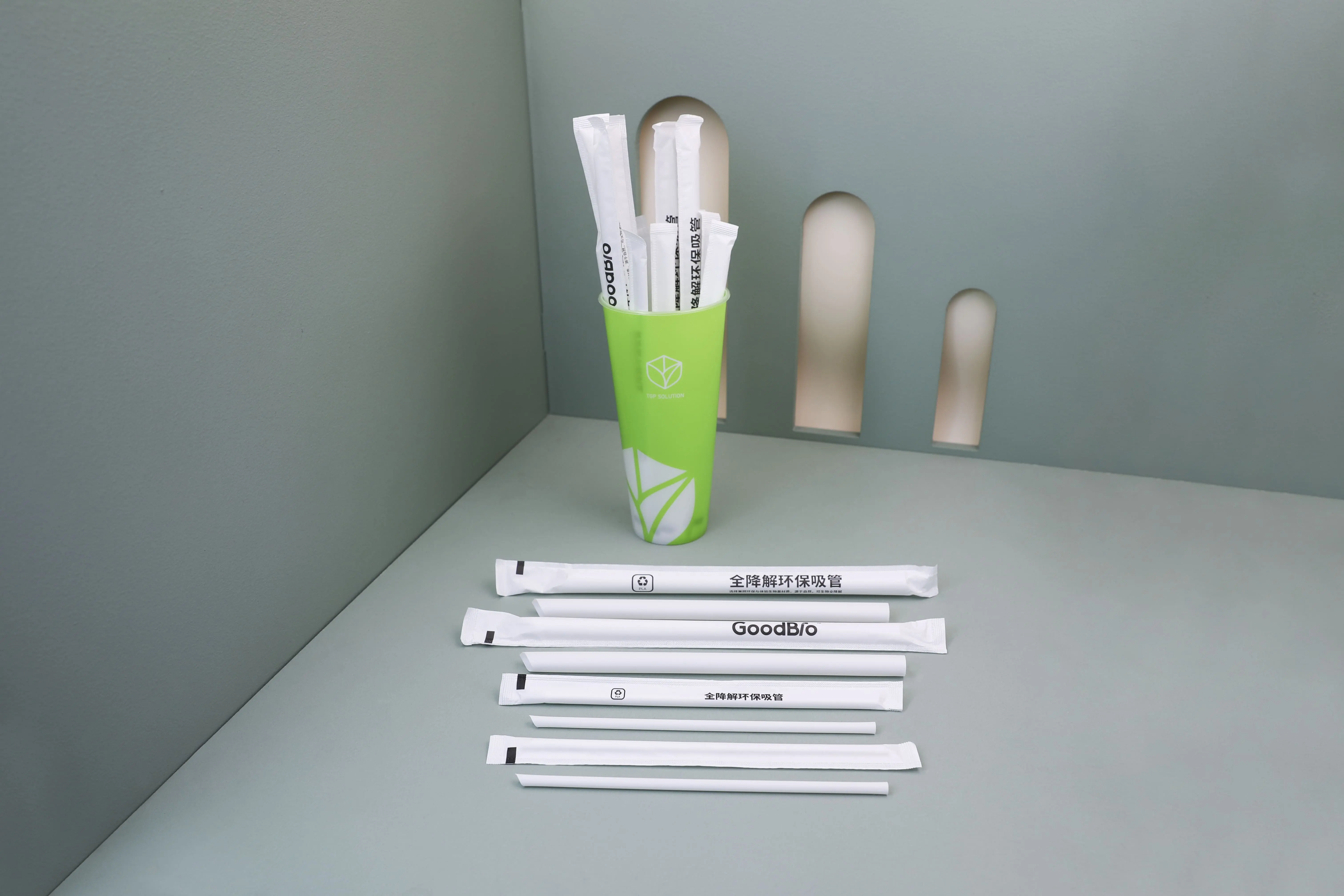"Plastic Ban" is about to celebrate its fifth anniversary, but the implementation is not as smooth as expected. Although the goal of this policy is to protect the interests of the country and its people, the reality shows some challenges. Initially, people had high hopes for it, but over the years, the consumption of plastic products remains high, and the ban and restriction policies have gradually lost momentum in public opinion, while the problem of "white pollution" remains severe. This situation has left many feeling disappointed and helpless.
However, in the past five years, the biodegradable new materials industry has faced challenges and made significant progress. Capacity bottlenecks have been addressed, high prices have gradually been reduced, technology has continued to advance, and performance has steadily improved. Today, biodegradable plastics have entered ordinary households, and the time is ripe for economic alternatives to traditional plastics.
Despite all preparations, the supporting measures of the policy still need further optimization. Only with the improvement of policies, the biodegradable plastics industry is expected to cross the threshold of the "parity era," ushering in a new round of significant development, making greater contributions to solving the "white pollution" problem, and building a beautiful China.
With the rapid development of China's economy and society, traditional non-biodegradable plastic products have been widely used in various fields, but they have also led to increasingly severe "white pollution" problems. This pollution not only causes serious damage to our environment but also brings long-term adverse effects on the health and living environment of the people. Therefore, to comprehensively build a beautiful China, strict control of plastic pollution has become an important strategic measure and development policy in China, reflecting important achievements in China's ecological civilization construction.
To address plastic pollution, the Central Committee, the State Council, and relevant departments have successively issued a series of related policies and documents, providing strong support for the plastic ban work.
In March 2008, the General Office of the State Council issued the "Notice on Restricting the Production, Sale, and Use of Plastic Shopping Bags," marking a new stage of development in plastic restriction in China.
In September 2019, the Central Committee for Comprehensive Deepening Reform issued important instructions on actively addressing plastic pollution, clearly stating the orderly prohibition and restriction of the production, sale, and use of some plastic products, and actively promoting alternative products, marking a new stage in China's plastic ban work.
In January 2020, the National Development and Reform Commission and the Ministry of Ecology and Environment jointly issued the "Opinions on Further Strengthening the Governance of Plastic Pollution," proposing specific governance goals and measures, providing clearer guidance for the plastic ban work.
China's industrialization of biodegradable plastics started about a decade ago, but it did not receive comprehensive policy support until 2019, entering a stage of large-scale development. However, as the development of this industry is still in its early stages, the comprehensive implementation of policies needs to undergo multiple verifications and competitions. Therefore, the biodegradable plastics industry currently faces many challenges and urgently needs joint efforts from internal and external forces to reverse the current predicament.
In the process of changing the current passive situation, strong policy support is crucial. According to the "Opinions on Further Strengthening the Governance of Plastic Pollution" issued by the National Development and Reform Commission and the Ministry of Ecology and Environment in 2020, the government will gradually prohibit and restrict the production, sale, and use of some plastic products by 2025. Specific measures include restricting the use of non-biodegradable plastic bags in major commercial places, reducing the intensity of non-biodegradable disposable plastic tableware in catering takeout places, hotels, and inns ceasing to actively provide disposable plastic products, and prohibiting postal express delivery outlets from using non-biodegradable plastic packaging bags, etc. The implementation of these policies will provide important guarantees for the biodegradable plastics industry.
Although the current society's attention to biodegradable plastics has decreased and there are differences in the evaluation of their performance, this has not hindered biodegradable plastics from moving towards the "parity era." According to industry sources, as of the end of September 2023, domestic PBAT capacity reached 1.361 million tons per year, and the capacity under construction is about to be put into production, reaching 1.58 million tons per year. Although the capacity scale has surpassed the bottleneck, some production lines are still in a state of shutdown due to insufficient downstream demand. However, with the increase in domestic supply and the improvement of the industrial chain, biodegradable plastics have the economic conditions to replace traditional plastics.
Policy support is crucial, but the industry itself must quickly fill in the gaps in market competition, launch competitive products with superior performance and reasonable prices to truly stand invincible. Therefore, the development of the biodegradable plastics industry still needs to strengthen technological innovation, improve product quality, expand market applications, and achieve long-term and steady development under policy guidance.
Please feel free to contact us.
Email: sales@tgb-solution.com
来源: 中科全生物降解
 English
English 日本語
日本語 한국어
한국어 français
français Deutsch
Deutsch Español
Español русский
русский português
português العربية
العربية ไทย
ไทย Malay
Malay




















